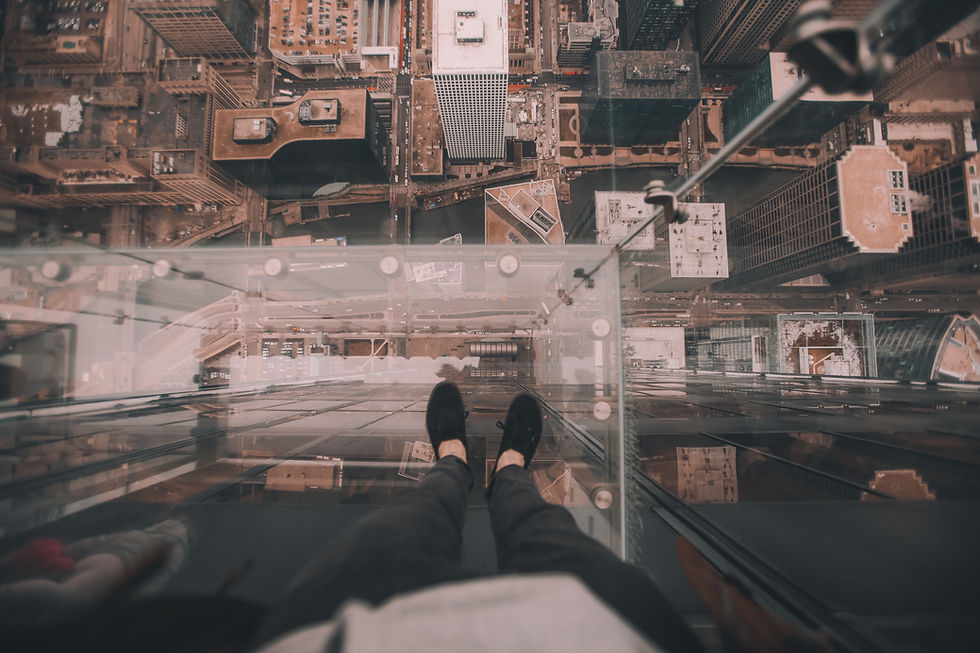
Everyone fears something in one way or another and it creates havoc in our lives. There are so many different fears and different people face different fears. Examples of the fears that people face are:
- the dark
- physical pain
- public ridicule
- poverty
- loneliness just to name a few.
Not only do people struggle with the above but they could also face Generalised Anxiety Disorder where the person cannot pinpoint what fears are haunting them. Other suffer from Social Phobia, meaning they do not like being in social situations, they battle to meet new people. They struggle to interact with the opposite sex and hate speaking in public.
Generally people that suffer from Social Phobia tend to
* Wear extra deoderant
* Cover their face with hair
* Keep their jackets on indoors
* They do not want to make use of public restrooms
* They sit at the edge of a room or the group
* Both hands are used to hold a cup or glass
* They like to ask questions to steer clear of self-exposure
* It is difficult to ask someone out on a date
* It is difficult to look someone in the eye
* They like to hold onto objects
* To avoid interacting with others they pretend to study something
* Due to wondering whether they have bad breath they talk with their hand over their mouth
* They don't like disclosing much of themselves and therefore speak little
* They have negative thoughts about themselves.
Some people have such intense fear that a panic attack develops. These panic attacks can display themselves in a "physical" form - for example:
- Shortness of breath
- Feelings of choking
- Chest pain
- Dizziness
- Nausea
and
- The feeling of losing control
- Some even feel like they are having a heart attack.
What is interesting is tha it seems like females experience panic attacks more than males.
People also suffer from different phobias, one being agoraphobia which means the person avoids situations where something might occur, they fear things that might go wrong.
A very common disorder and one that most of us are familiar with is PTSD (post traumatic stress disorder). This is a fear that borders on terror and helplessness. It stems from traumatic experiences. Those suffering from PTSD:
* Avoid conversations relating to their experience(s)
* They are withdrawn
* They seem detached
* It appears that they prefer seclusion
* They struggle to fall and stay asleep
* Flashbacks and nightmares of their experiences are common
* They tend to be irritable and have outbursts of anger
* In some circumstance they could have an exaggerated startle response - depending on what
trauma they experienced
* They withdraw emotionally to avoid talking about their problems.
Then there are those who suffer from OCD (obsessive compulsive disorder), another disorder we are familiar with. People suffering from OCD have persistent thoughts and impulses that go far beyond excessive worries about real problems. These obsessions can manifest themselves as repetitive and uncontrollable thoughts. They tend to have negative self-talk. Some constantly count to themselves or repeat specific words over and over. They find it difficult to make decisions.
Obsessive thoughts tend to turn into obsessive actions which can lead to compulsive behaviours.
It is important to distinguish between obsessions and compulsions. Generally an obsession is a mental process and a compulsion a physical one.
Not only do people suffer from the above but some have a fear of a particular object for example spiders and this is called a specific phobia.
It is clear that there are many, many people that suffer from fears, phobias, compulsions and obsessions so whether you are one of them or know of someone suffering from it, just realise you are not alone and through seeking help it can be overcome and dealt with.
- The above has been adapted from the book Overcoming Anxiety and Depression by Bob Phillips

Comments